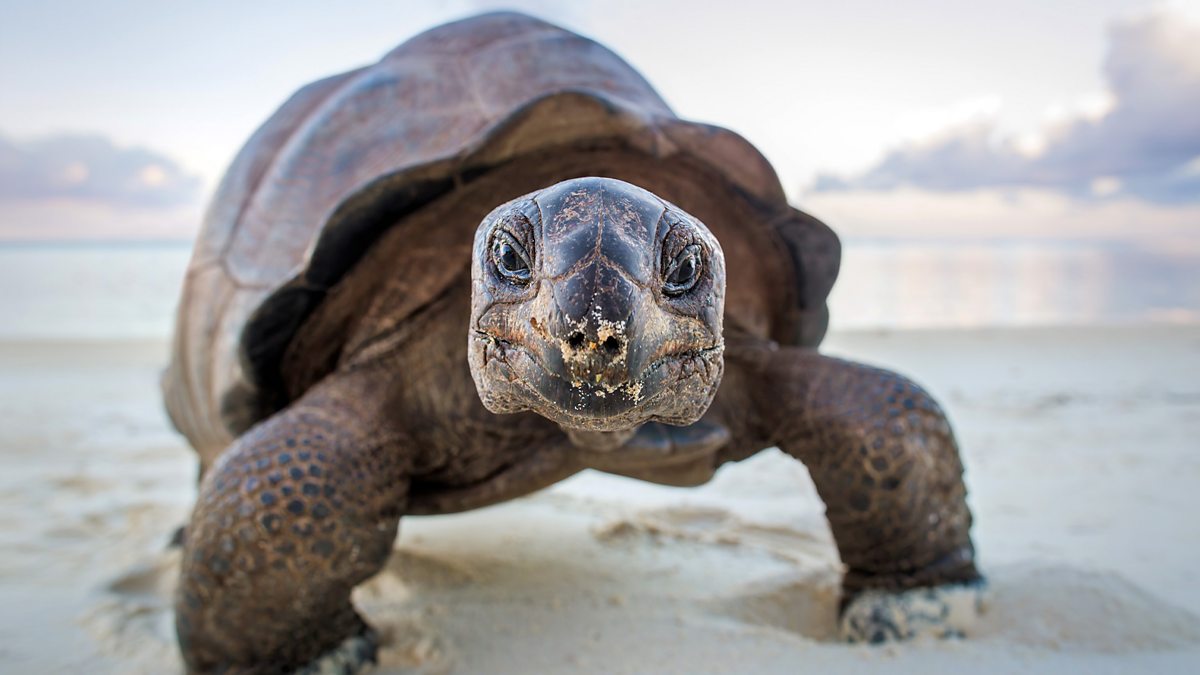RJM Corbet
Deus Pascus Corvus
It would also make man the highest intelligence in the universe ...it would be a shame if only the inhabitants of one insignificant little planet in a far corner of the galaxy could have any appreciation for the aesthetics of it all.



